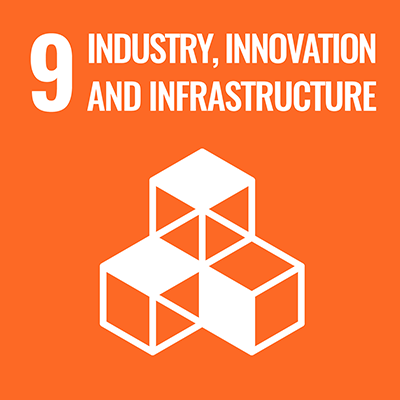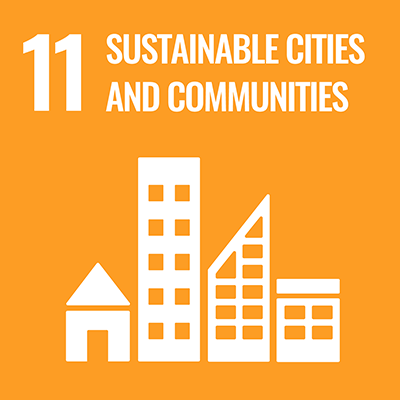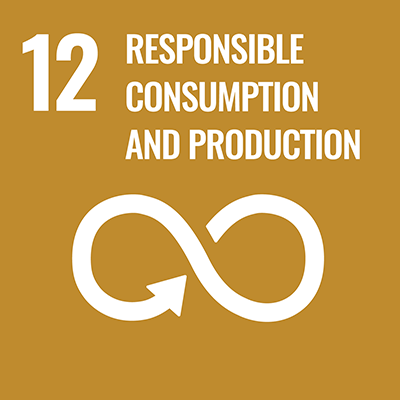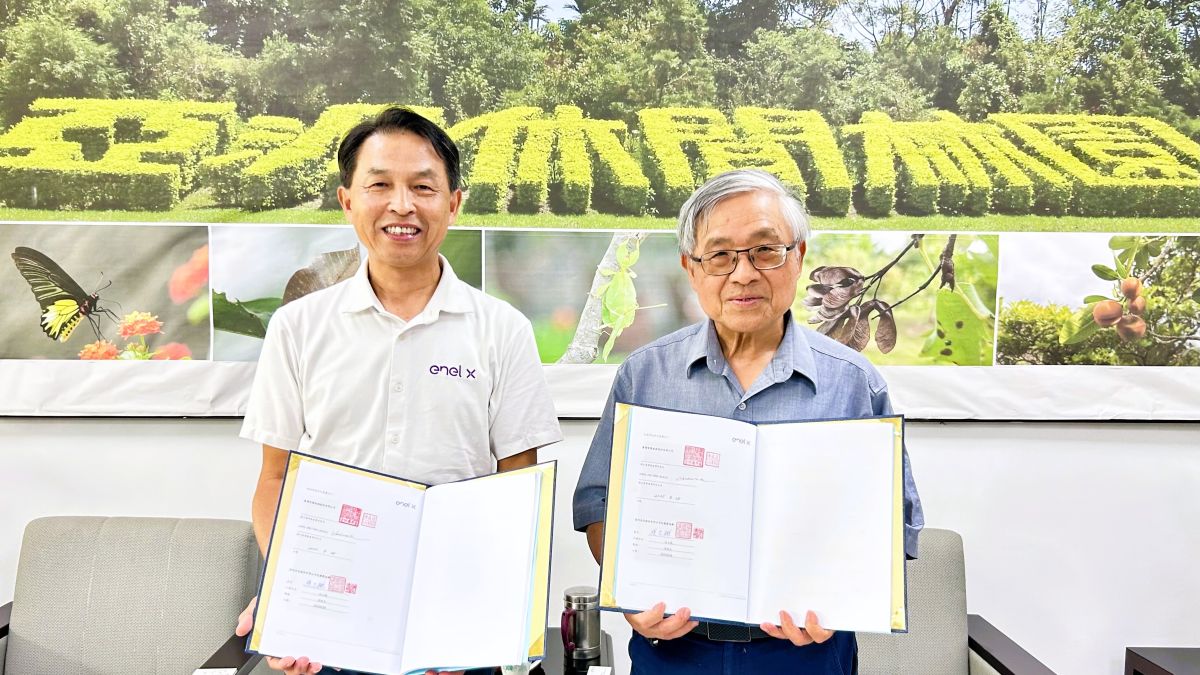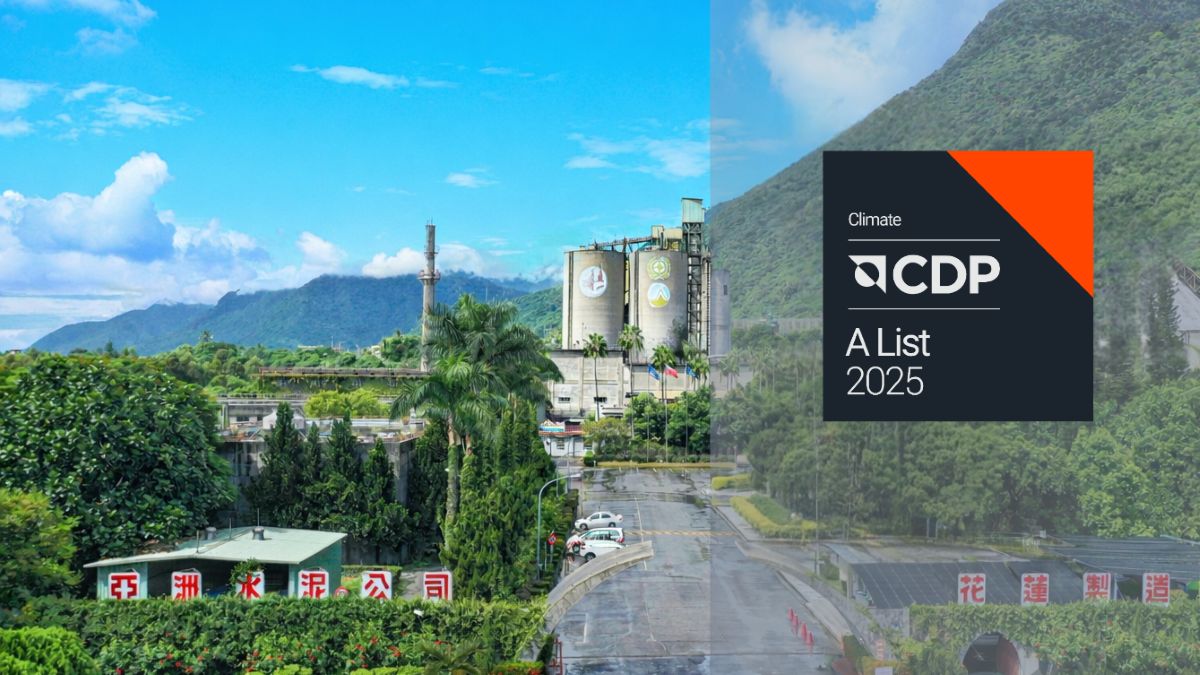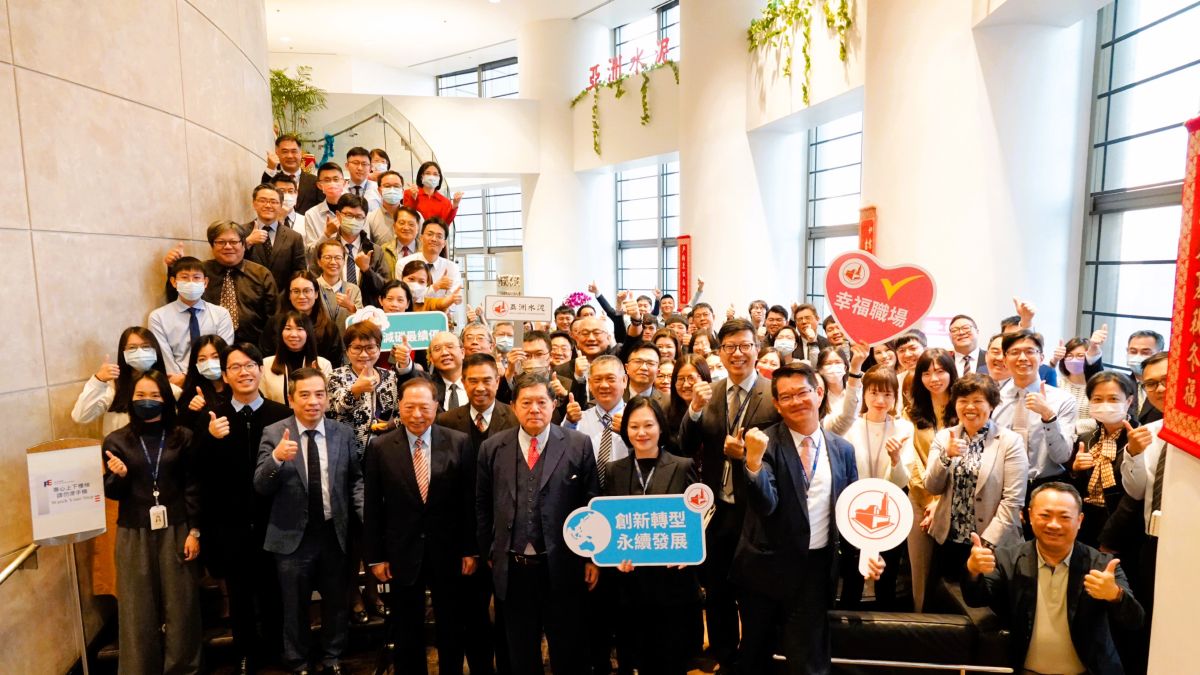ACC's Revolutionary Circular Economy Initiative: Regenerating Value from Discarded Turbine Blades
Asia Cement is committed to sustainability, striving to mitigate environmental impact through technological innovation and optimal resource utilization. Not only did Asia Cement receive the "Net-Zero Mark" certification from the Taiwan Alliance for Net Zero Emissions, but it also clinched the highest ESG honor, the "Model of the Year" award, at the 4th Taiwan Circular Economy Awards. Mr. Chang Chih-peng, Vice President and Chief Plant Manager of Asia Cement, accepted the award and remarked that Asia Cement has achieved a revolutionary breakthrough by harnessing the high temperatures in cement kilns. The company reuses discarded turbine blades into alternative raw materials and fuel essential for the cement production process, marking a groundbreaking initiative in Taiwan.
As the threat of global warming intensifies, Taiwan has been actively developing various types of renewable energy, and wind power attracts the most attention. The lifespan of a wind turbine is approximately 20 years. To enhance the turbine blade's resistance to strong winds and corrosion, Fiber-Reinforced Plastic (FRP) is commonly used, posing a significant challenge for disposal once the equipment reaches the end of its working life. In many other regions, the typical solution is to stack and bury the pieces, raising great concerns about the transformation of "green energy" into "waste energy."
In response to this challenge, Asia Cement collaborated with the Resource Circulation Administration of the Ministry of Environment and the Industrial Technology Research Institute to develop the "Cement Kiln Co-processing Technology for Waste Wind Turbine Blades." Asia Cement emphasizes that 60% of the FRP material in obsolete turbine blades is non-combustible, since they are primarily composed of silicon dioxide, calcium oxide, and aluminum oxide—substitutable materials for limestone and clay in cement production. The remaining 40%, consisting of calorific polyester, can replace coal. This innovative technology not only effectively manages waste but also reduces the consumption of natural resources.
Currently, Asia Cement has successfully processed approximately 9 metric tons of onshore turbine blades from Taiwan Power Company (TaiPower). We plan to further test this process with 12 metric tons in early November, providing a sustainable solution for the renewable energy industry in Taiwan.
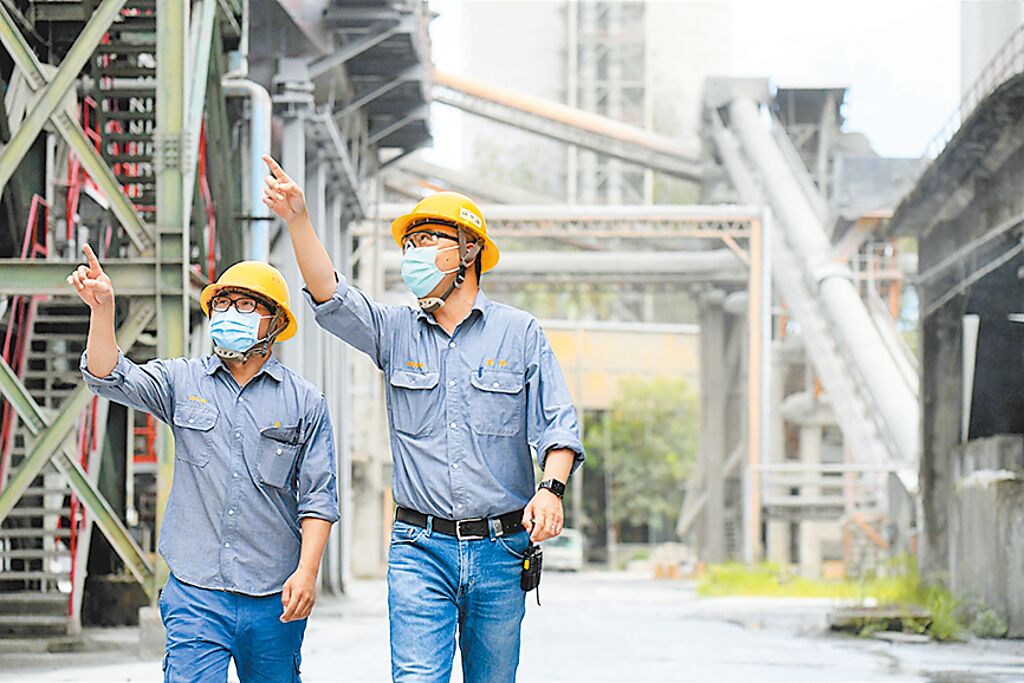
In addition, Asia Cement has dedicated considerable effort to the disposal of refrigerants, which are composed of chlorofluorocarbons (CFCs) with a highly stable chemical structure, making them resistant to decomposition and challenging to process. After numerous experiments and trials, Asia Cement has successfully developed the first dedicated refrigerant feeding system for cement kilns in the country.
Asia Cement explained that the high-pressure liquefied refrigerant would be transformed into gas. After rigorous and precise metering, it is introduced into the cement kiln for high-temperature decomposition. According to statistics, a total of 20.67 metric tons of R-12 and R-22 refrigerants were destroyed in 2022, equivalent to a reduction of 209 thousand metric tons of CO2e—approximately the annual carbon absorption capacity of Da-an Forest Park. Asia Cement plans to destroy approximately 17 metric tons of refrigerants confiscated by customs this year, assisting the government in addressing environmental issues and fulfilling its corporate social responsibility.
Asia Cement emphasizes that this year is a pivotal one for the integration of the upstream, midstream, and downstream sectors, marking a significant effort to achieve energy conservation and carbon reduction. Asia Cement, as the leading company in cement industry, has established a 1+N carbon reduction system, driving the green transformation of the entire industry chain. The "1" represents the leading enterprise, while "N" encompasses the rest of the supply chain, with a total of 15 enterprises participating in Asia Cement's large-scale carbon reduction initiative. These participants span various manufacturing fields, including ready-mixed concrete, cement products, and aggregates.
Asia Cement, through initiatives such as sharing experiences in achieving net-zero, conducting carbon management lectures, greenhouse gas surveys, and energy-saving diagnostics, collaborates with all partners to identify solutions for carbon emission challenges and jointly create green business opportunities. Asia Cement pledges to consistently integrate the concept of a circular economy into its corporate DNA, actively contributing to environmental efforts, and collaboratively crafting a vibrant blueprint for sustainability.
Business and Company
News Type
UN SDG
Share
Download
Source
ACC



